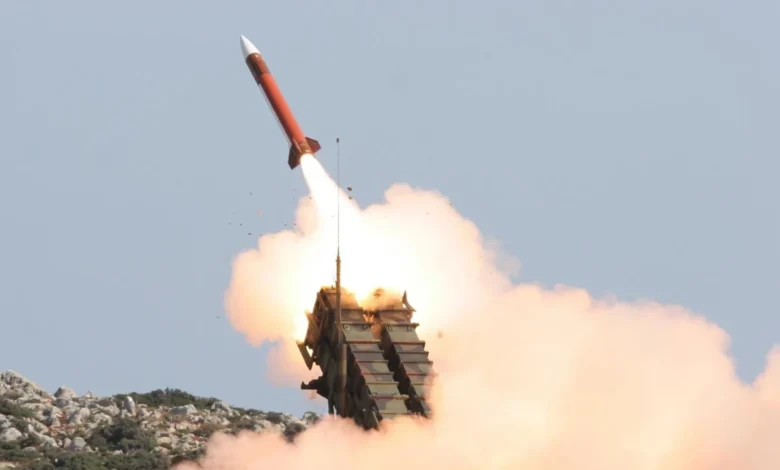Japan is considering the possibility of deploying long-range missiles on the island of Kyushu

Japan is considering deploying long-range missiles on the southwestern island of Kyushu. This step is part of a strategy aimed at strengthening the country’s defense capabilities and ensuring the possibility of a counterattack in the event of an emergency. This is reported by the agency Kyodo citing government sources.
The deployment of the missiles is expected to begin at the end of the next fiscal year, in March 2026. The main purpose of this decision is to strengthen the defense of the southwestern Nansei archipelago, which is of strategic importance due to its proximity to Taiwan. Japanese authorities are concerned about China’s possible military aggression against Taiwan, given Beijing’s claims of reunifying the island with mainland China, if necessary by force.
The Japanese government is currently evaluating possible locations for the missiles, as there are fears among the local population that garrisons could become potential targets for attacks. According to preliminary information, options for placing missiles in the garrisons of the anti-aircraft missile regiments of the Japan Self-Defense Forces in Yufu, Oita Prefecture, and in the city of Kumamoto are being considered.
At the same time, the southern prefecture of Okinawa, which is located closer to mainland China, is most likely not to become a place of deployment of missiles. This is due to fears of a possible escalation of tensions in relations with Beijing.
The weapon planned for deployment is an upgraded version of the GSDF Type 12 surface-to-ship guided missile. Its range has been increased to 1,000 kilometers, which will allow it to cover a large part of the coastal areas of North Korea and China. Placing such missiles on Kyushu will give Japan a strategic advantage for defense and the ability to effectively respond to possible threats from neighboring countries.
The decision is part of Japan’s broader strategy to strengthen its defense capabilities in the region and prevent potential threats to national security.





